- Home
- PhD Studentship on Fundamentals and Applications of Ultrasound Stimulated Crystallisation
natiLocation:Â Guildford
Post Type: Full Time
Closing Date: Sunday 31 July 2016
Reference:Â 001616
Crystallisation is an important synthesis, separation and purification process used by a diverse range of manufacturing industries such as pharmaceutical, food and chemical, as well as waste water treatment to recover valuable solutes and clean water. However, many of these industrial crystallisation processes suffer from ineffective crystallisation conditions. Ultrasound has the potential to overcome these problems by accelerating the crystallisation process and producing superior crystals, but its full potential is hindered by a lack of fundamental understanding of the mechanisms involved and systematic studies.
Ultrasound is known to generate acoustic cavitation, which is the creation, expansion and implosion of bubbles when a certain acoustic pressure threshold is exceeded. Upon collapse of these cavitation bubbles the bubble core can reach extreme temperatures (> 5000 k) and pressures (> 1000 atm). It is known that, such cavitation events are particularly effective at inducing crystal nucleation but the exact mechanism behind this sono-crystallisation process is still contentious. In addition, most reported studies use low frequency ultrasonic horns which suffers from localised cavitation and surface erosion of the horn.
This project aims to explore the use of high frequency ultrasound transducers to elucidate the mechanism of ultrasound enhanced crystallisation and determine the most judicious method of sonocrystallisation. By the end of the project, the student will be an expert in the field of crystallisation and ultrasound processing, and as well as develop analytical and material characterisation skills. During the course of the PhD, it is expected that the student will spend a few months overseas at a collaborator’s laboratory for a research exchange and attend scientific conferences to disseminate their research work.
Academic and Eligibility Requirements:
- First or upper second class Master degree in engineering, physics or chemistry.
- Non-native speakers of English who did not study in an English speaking country will be required to have IELTS 6.5 or above.
- The studentship ONLY applies to UK/EU students, and will cover a PhD stipend (£14,057) and the university fees.
The application shall include:
1)Cover letter (max 1 page) explaining your interest and suitability for the project you have selected.
2)Detailed CV.
3)Published work such as journals and conference articles and a copy of your MSc dissertation (if appropriate).
4)A copy of your current or most recent academic transcript.
5)Names and contact information of at least two referees.
6)If necessary, a copy of a valid IELTS certificate from the past two years.
Applications and any enquiries should be sent toDr. Judy Lee,Senior Lecturer in Dept. of Chemical and Process Engineering, j.y.lee@surrey.ac.uk. The position will remain open until a suitable candidate is found.
Apply Now
Scholarships are not only for the smart students. Anyone can get scholarships
Spread the word to help others. Click share now!!
Important Tip!!
Apply to as many scholarships as possible.Present your letter if Intent clearly and you will surely get an institution that will be interested in your profile.
Similar Scholarships
- 06.27.2017
Game development scholarship
- 12.08.2015
Postgraduate Bursaries for Teacher Training
- 03.04.2016
Geography Scholarships for UK/EU Students
- 12.08.2015
PhD Studentship and MLitt Scholarships
Scholarship Categories
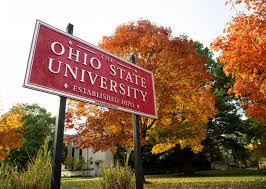
- 2025-09-09 13:46:25
Ohio State University Fully Funded Scholarships in USA 2026

- 2025-09-09 13:14:07
2025 FCM Foundation Scholarship For Nigerians

- 2025-09-09 12:08:48
2025 Stanbic IBTC Scholarship

- 2025-09-09 11:49:55
Rolls Royce Fully Funded Scholarship at University of Nottingham UK 2026
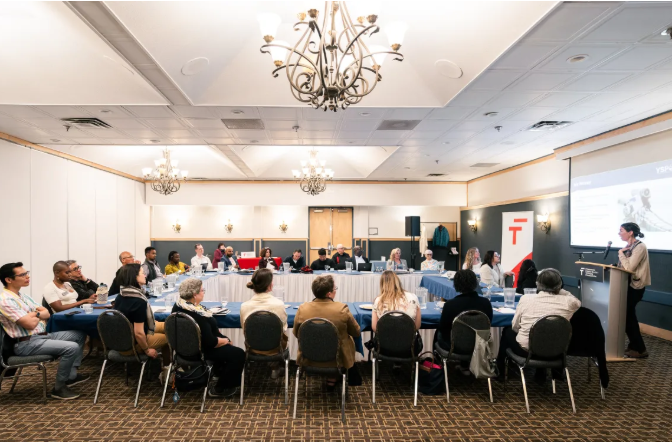
- 2025-09-09 11:05:14
2026 Pierre Elliott Trudeau Fully Funded Scholarship in Canada
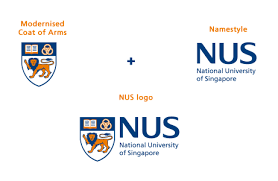
- 2025-08-29 10:17:50
2026 Lee Kuan Yew Fully Funded Scholarship in Singapore

- 2025-08-29 09:44:03
2026 Transform Together Scholarship at Sheffield Hallam University, UK
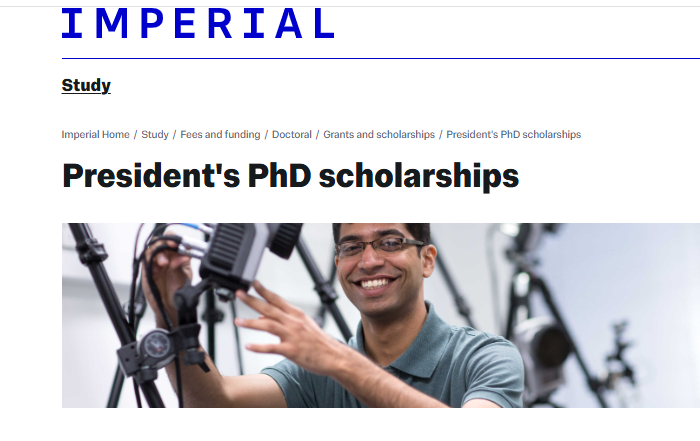
- 2025-08-29 07:45:54
2026 Imperial College Fully Funded President Scholarship in UK
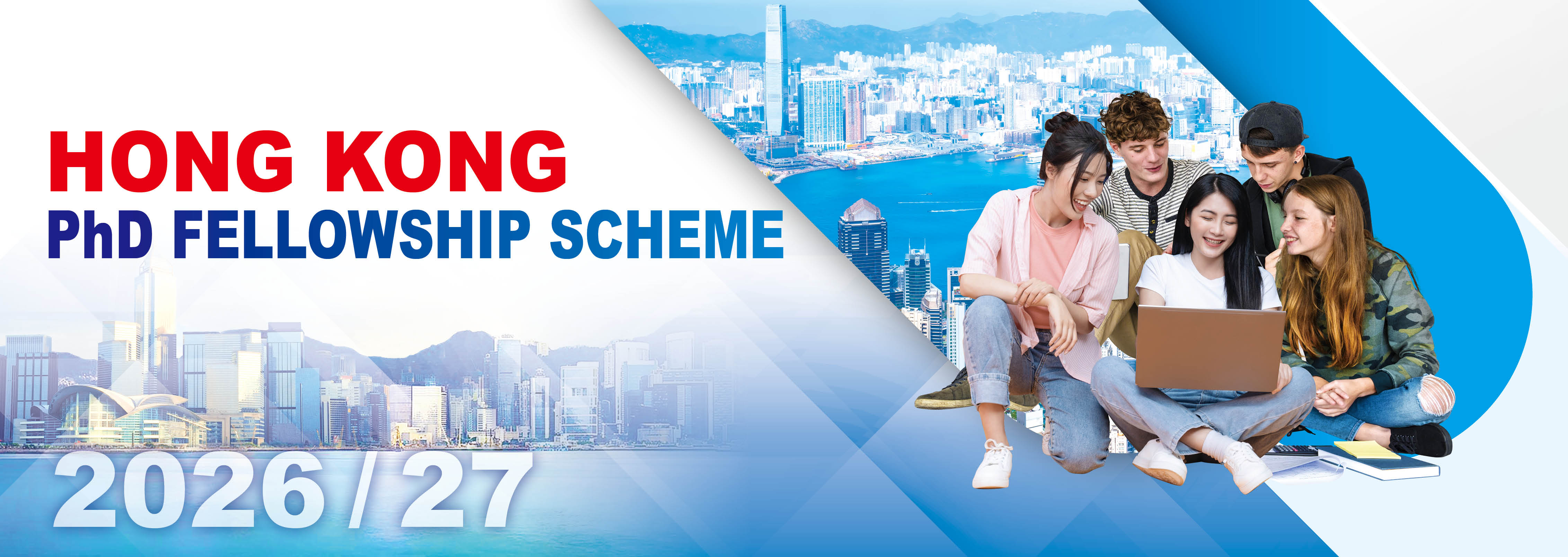
- 2025-08-22 09:54:18
Hong Kong Fully Funded Fellowship Scheme

- 2025-08-22 09:39:01
2026 World Bank Government Analytics Fully Funded Fellowship Program

- 2025-08-22 08:08:38
2026 KAAD Scholarship in Germany For International Students
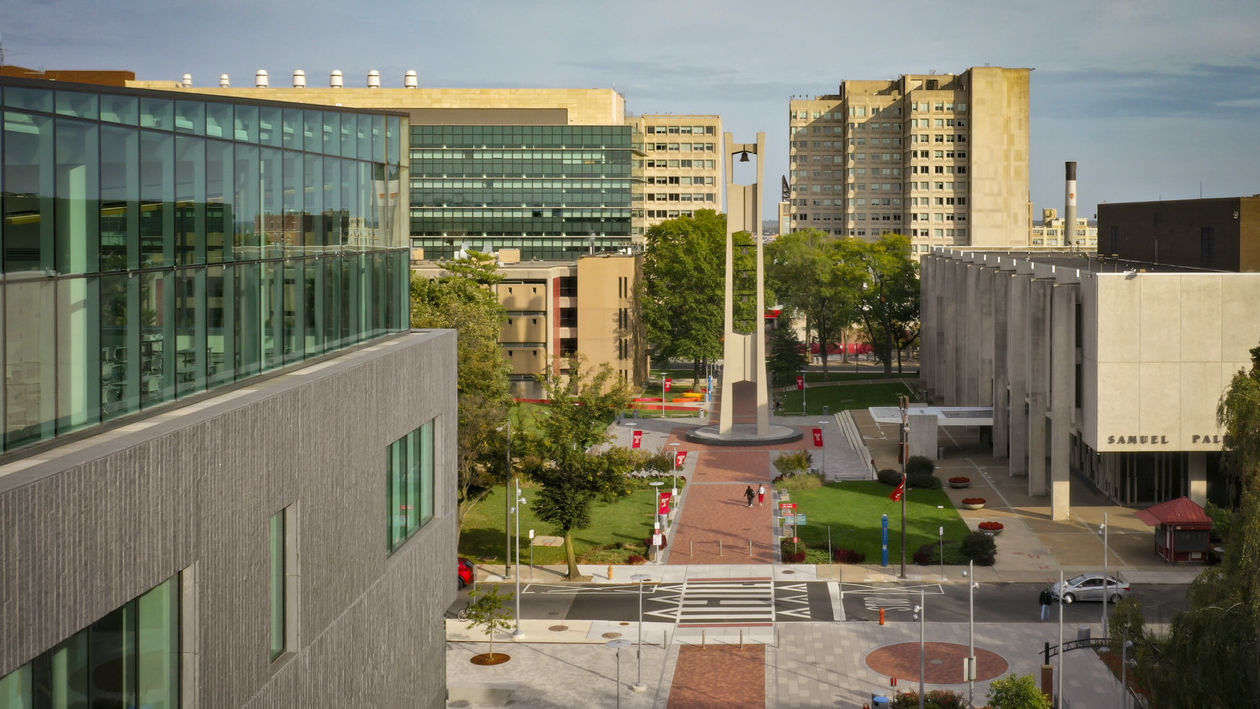
- 2025-08-22 07:44:47
Temple University Scholarship in USA 2026

- 2025-08-12 15:04:14
2026 NHR Fully Funded Scholarship in Germany
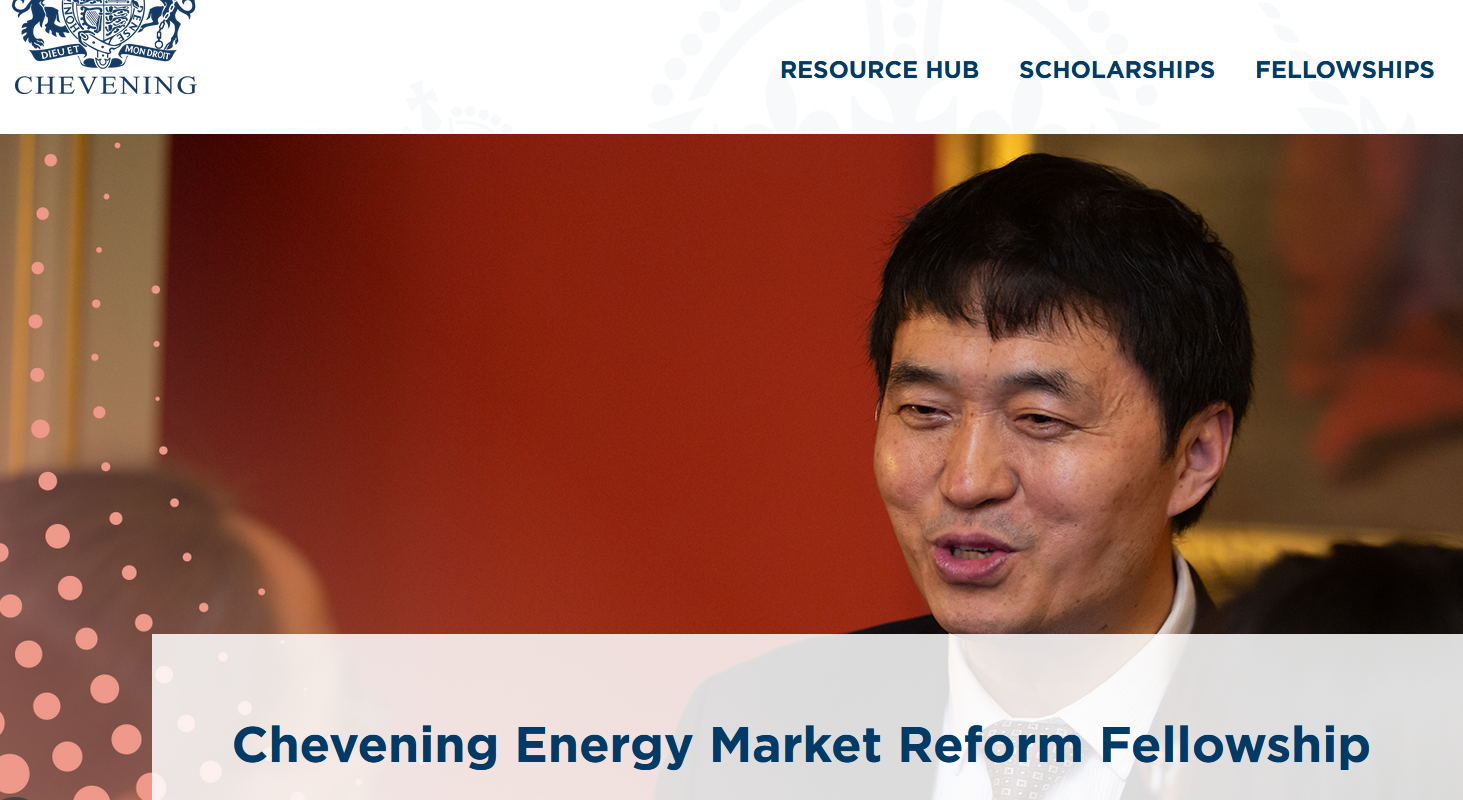
- 2025-08-12 14:44:52
2026 Chevening Energy Market Reform Fully Funded Fellowship in UK

- Viewed:
- 3465487 Times
- Posted: 2016-03-05 09:45:52
The MARCS Institute for Brain, Behaviour and Development: CoEDL PhD Scholarship- Speech and Language & Music Cognition and Action

- Viewed:
- 2975367 Times
- Posted: 2016-03-28 08:01:52
NSW Environmental Trust PhD Scholarship

- Viewed:
- 1413069 Times
- Posted: 2016-03-19 10:19:35
The MARCS Institute for Brain, Behaviour and Development: CoEDL PhD Scholarship- Human-Machine Interaction & Speech and Language

- Viewed:
- 1236267 Times
- Posted: 2016-03-09 20:34:01
PhD Opportunities at Murdoch University (Australia)

- Viewed:
- 560920 Times
- Posted: 2016-03-14 19:07:43
preventing the progression of acute to chronic whiplah

- Viewed:
- 440467 Times
- Posted: 2016-03-22 11:06:35
Treatment outcomes in multiple sclerosis

- Viewed:
- 398808 Times
- Posted: 2016-03-09 09:24:05
Adaptation to urbanisation

- Viewed:
- 309291 Times
- Posted: 2016-03-09 09:33:58
PhD in social dimensions of global change research between USC and Brock University

- Viewed:
- 296687 Times
- Posted: 2016-04-02 20:43:04
Modelling of steel and concrete composite structures under extreme loading

- Viewed:
- 186162 Times
- Posted: 2016-03-08 08:21:13
ABIOTIC STRESS TOLERANCE IN MODEL AND CROP PLANTS: UNDERSTANDING THE ROLE OF MEMBRANE LIPIDS AND PROTEINS.��

- 08.22.2020
I love scholarships
WHy SCHOLARSHIP GRANTS
iScholarshipGrants.com is a comprehensive online platform dedicated to helping students find scholarships and grants for their education. The website offers a wide range of funding opportunities, including merit-based, need-based, and program-specific scholarships, making it easier for students to access financial support. With regularly updated listings, iScholarshipGrants.com simplifies the search for scholarships across various fields of study, helping students achieve their academic and career goals without the financial burden.
CONTACTS
- 80 Calsttock Drive Toronto, Ontario.
- +1 6479689191
- support@ischolarshipgrants.com
POPULAR SCHOLARSHIPS
- Amount
- October 30, 2014
The Baxter Corporation - Jean Goodwill Scholarship
Copyright ©2024 ischolarship grants

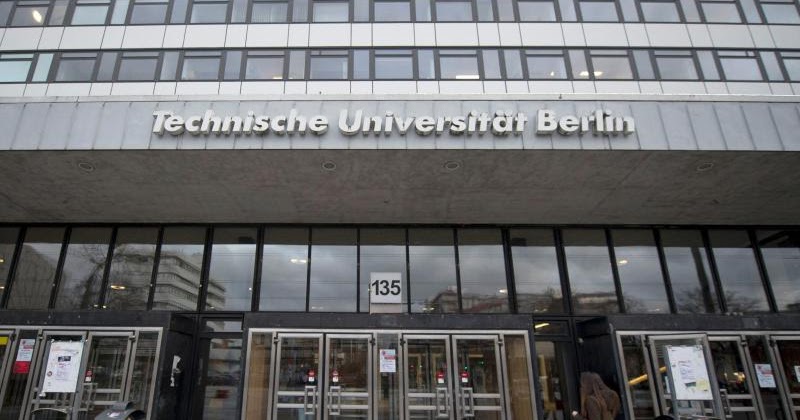
Have a Question about this Scholarship?